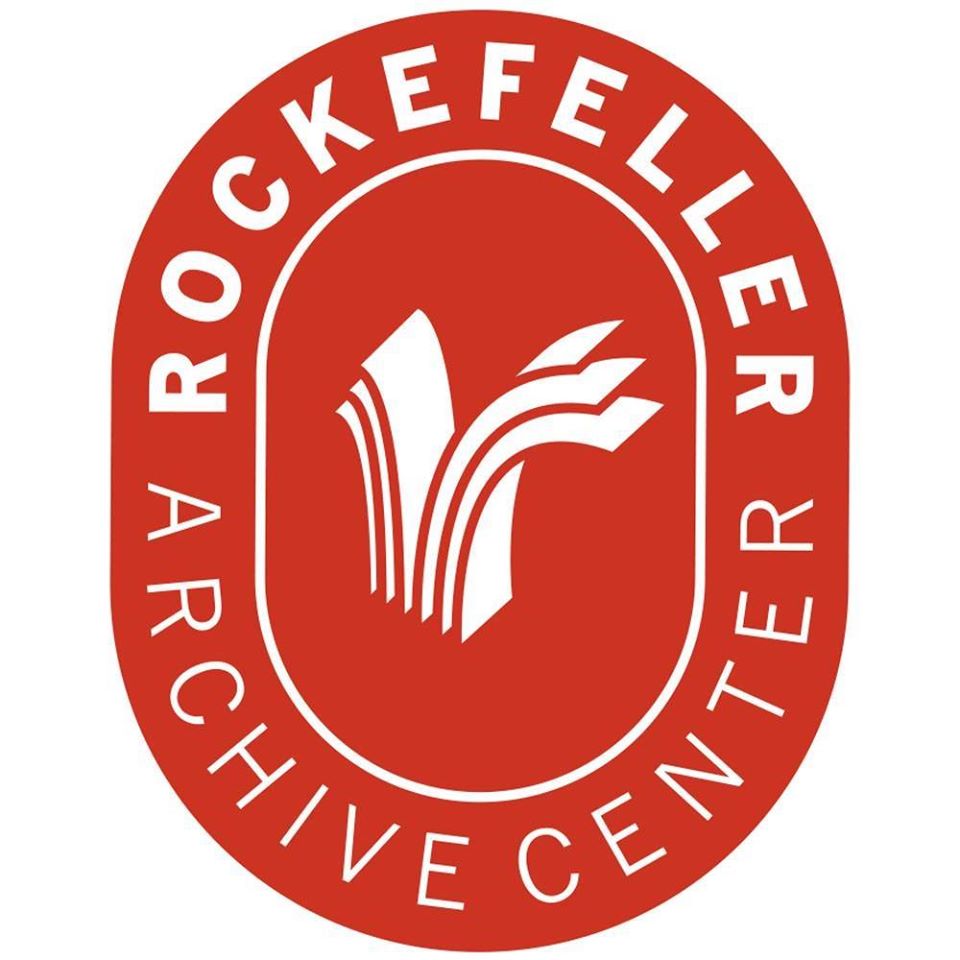Collection context
Summary
- Creator:
- Commonwealth Fund
- Extent:
- 27.88 Cubic Feet and 71 boxes
- Language:
- English .
Background
- Scope and Content:
Fellowships are an integral part of the Commonwealth Fund's history, and continually supported the varied public health, mental hygiene, and rural hospital programs of the CF. The advanced medical fellowships were first awarded in 1937, and although they primarily aided medical school teachers and research workers, individuals in other areas of health work also received financial assistance. About twenty fellowships per year were granted during 1950-1959, many of which entailed interdisciplinary studies, and by 1965 well over sixty fellowships were awarded yearly.
The granting of "Special Fellowships for Selected Foreign Students" started in June 1947 with an initial appropriation of $50,000. These foreign fellowships were suspended on February 20, 1953, when the CF Board removed them from the published program of the Fund. Nonetheless, occasional awards were made in cases where the individual was known to the Fund or if the project coincided with Fund interests. The awards were to be made from accumulated balances from the general fellowship budget. The CF Board, however, reversed its position on May 26, 1955, and restored to the Fellowship Committee the power to award foreign fellowships. Many of the later foreign fellows were recommended by the ASME and the SFME. An initial appropriation of $50,000 was included in this action. Beginning in 1956, "Special Awards in Support of Creative Scholarship" allowed outstanding teachers or research workers to spend a year or two free from departmental obligations.
The advanced medical fellowships covered four basic areas of interest: 1) aid to candidates seeking advanced or interdisciplinary training; 2) assistance in the development of new or neglected fields of activity in health matters; 3) assistance to programs of institutions or organizations active in disciplines of interest to the CF; 4) grants to provide time-off for mature and creative scholars of acknowledged ability.
Initially the Commonwealth Fund Board of Directors, on the basis of staff recommendations, awarded the fellowships, but starting October 1947, the Board made an overall program appropriation and the staff selected the recipients. Beginning in 1950 a fellowship committee, chaired by Roderick Heffron, chose the fellows, contingent upon the approval of the Commonwealth Fund's president.
A number of British medical school teachers also received fellowships which enabled them to study at U.S. institutions. During the first twenty-five years of the program, 377 American and 112 foreign fellowships were granted. In addition, several large "Block Grants" figured prominently in the fellowship program: The National League for Nursing, Inc. (Fellowship Program for Advanced Education, 1955-1961), provided financial assistance to enable competent nurses to complete master's or doctor's degrees; The Provident Medical Associates of Chicago, renamed in 1952 National Medical Fellowships, Inc., financed improved education for black physicians; and during 1961-1964 The Population Council, Inc. received funding for medical and biological fellowships. The Population Council material is located in box 285 of the Commonwealth Fund Archives Grants Series.
In addition, The Johns Hopkins University School of Medicine (Exchange Fellowship Program to Assist Selected Foreign Medical Schools) and the University of Rochester School of Medicine and Dentistry received grants from the Commonwealth Fund to help underwrite their foreign exchange programs. Universities associated with The Johns Hopkins program include the American University of Beirut, Cayetano Heredia University in Lima, Peru, and the University of Ibadan, Nigeria. Only one foreign institution, The University of the West Indies, was awarded a "Block Grant."
Dr. Heffron's retirement in September 1966 signaled major revisions in the Fund's fellowship program. The Board of Directors reduced the 1966-1967 fiscal year appropriation to $350,000, down from the previous allocation of $550,000. Not surprisingly, the number of fellows dropped from seventy-eight to thirty for the same time span. In May of 1967 the Board voted to end the formal fellowship program, but agreed to maintain some financial assistance through a small discretionary fund awarded on an informal basis. The number of awards continually declined, nineteen during 1967-1968 and ten during 1968-1969, and no new appropriations were granted until the 1968-1969 fiscal year. In May 1970, however, the Board decided to cancel this appropriation and restored the remaining monies to the CF's general fund.
The advanced medical fellowships are complete for the years 1937 to 1970.
- Arrangement:
This series is arranged in 5 subseries:
Subseries 1 Administrative Files
Subseries 2 Fellowships and Awards in the Health Field
Subseries 3 Foreign Fellowships
Subseries 4 Institutional Block Grants
Subseries 5 Special Awards in Support of Creative Scholarship
Indexed Terms
- Subjects:
- Mental health
Medicine -- Scholarships, fellowships, etc.
War relief
Child psychology
Child welfare
Child mental health
Public health
Public welfare
Medical research
Medicine, Rural
Legal research
Medical education
Law
Legal issues
Education, Rural
Hygiene - Places:
- New York (N.Y.)
New York (State)
United States
Access
- RESTRICTIONS:
-
Open for research with select materials restricted as noted. Brittle or damaged items are available at the discretion of RAC. Researchers interested in accessing digital media (floppy disks, CDs, DVDs, etc.) or audiovisual material (audio cassettes, VHS, etc.) in this collection must use an access surrogate. The original items may not be accessed because of preservation concerns. To request an access surrogate be made, or if you are unsure if there is an access surrogate, please contact an archivist.
- TERMS OF ACCESS:
-
Reproduction/duplication of archival items is routinely provided in accordance with "fair use." If the RAC does not hold copyright for an archival collection, or items within a collection, it is the user's responsibility to contact the copyright holder, or make a fair effort to do so, prior to publication.
- LOCATION OF THIS COLLECTION:
- CONTACT:
-

